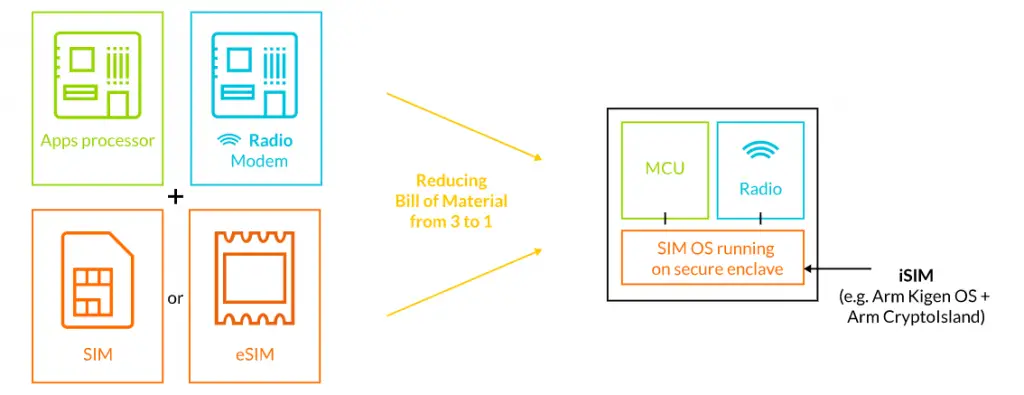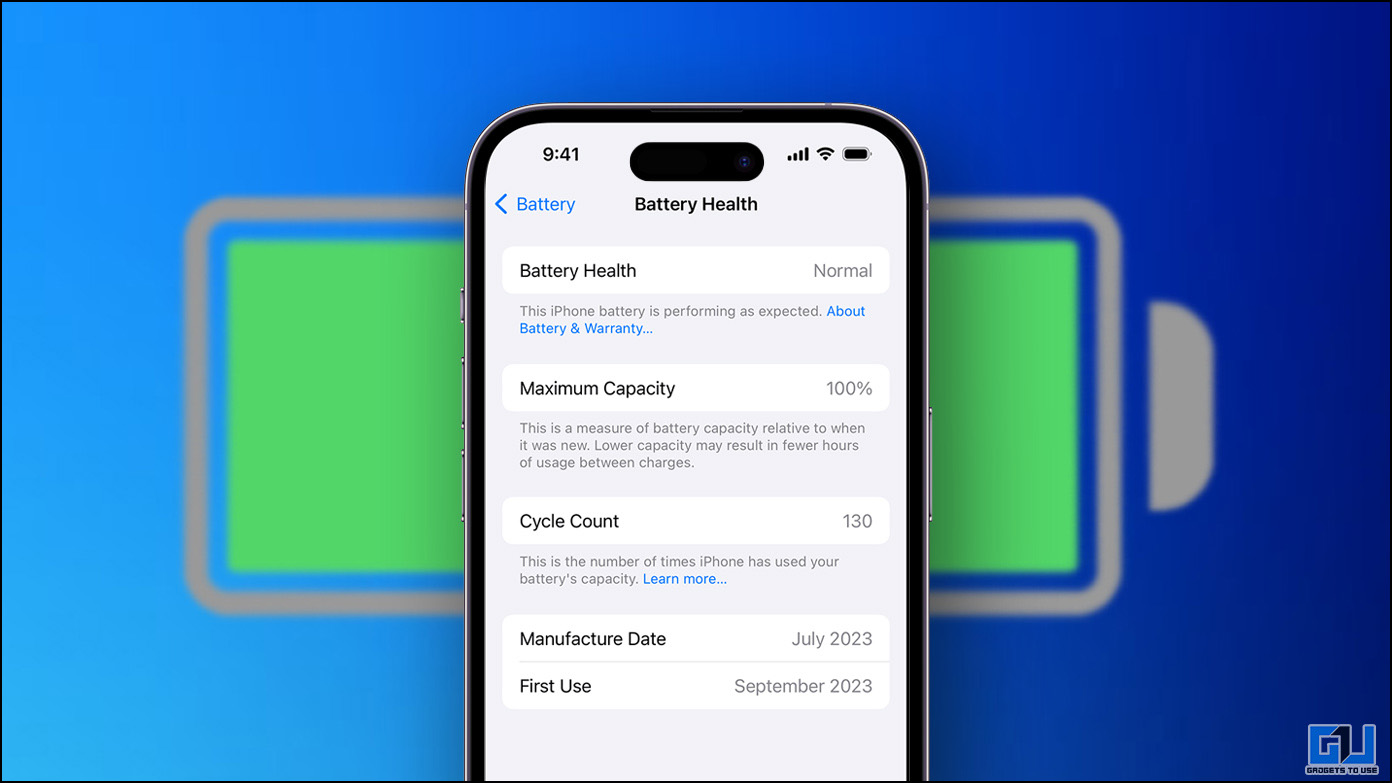ARM Holdings, the popular semiconductor company has announced a new tech called iSIM to integrate SIM functionality into connected devices – without requiring a traditional SIM card. The new solution is aimed to not just help device makers reduce the sizes of future connected devices, but also to drop their prices – eventually expanding their use cases.
The company has primarily designed it for devices enabling IoT (Internet of Things) applications. And this nowhere means that it’s the time to give farewell to traditional SIM cards as the new chip design is and isn’t something specific to smartphones or tablets.
“This technology will unlock new levels of cellular IoT integration, enabling new services, business models and revenue streams for all cellular IoT ecosystem players,” said, Paul Williamson, Vice President, and General Manager, IoT Device IP Line of Business, ARM.
The traditional SIM takes about 12.3 x 8.8mm and an additional hardware space to house them. While this iSIM will take up a fraction of a millimeter. So, it is the cost and the size of the hardware that is supposed to be impacted once device manufacturers will start deploying the new iSIM solution.
It is indeed important to note that the cellular network services through the iSIM will be similar to what we get from a standalone SIM card. This also includes that users will also be able to move from one mobile network operator (MNO) to another.
Moreover, ARM is launching this new technology compliant with GSMA Embedded SIM Specifications which will offer secure identity in IoT applications for both device makers and service providers. Additionally, it comes with an on-chip security enclave for enhanced hardware security.
The ARM has already started testing the iSIM with some manufacturers and has expected to see the chip-based solution sometimes at the end of 2018. We can see more about this new tech at Mobile World Congress starting on Monday 26 February where they will be demonstrating a range of the latest Arm technologies.



